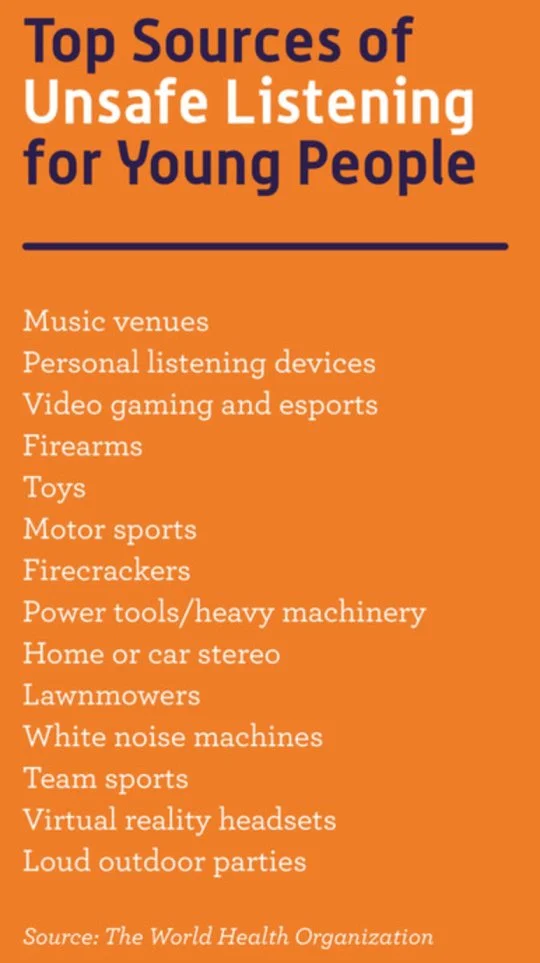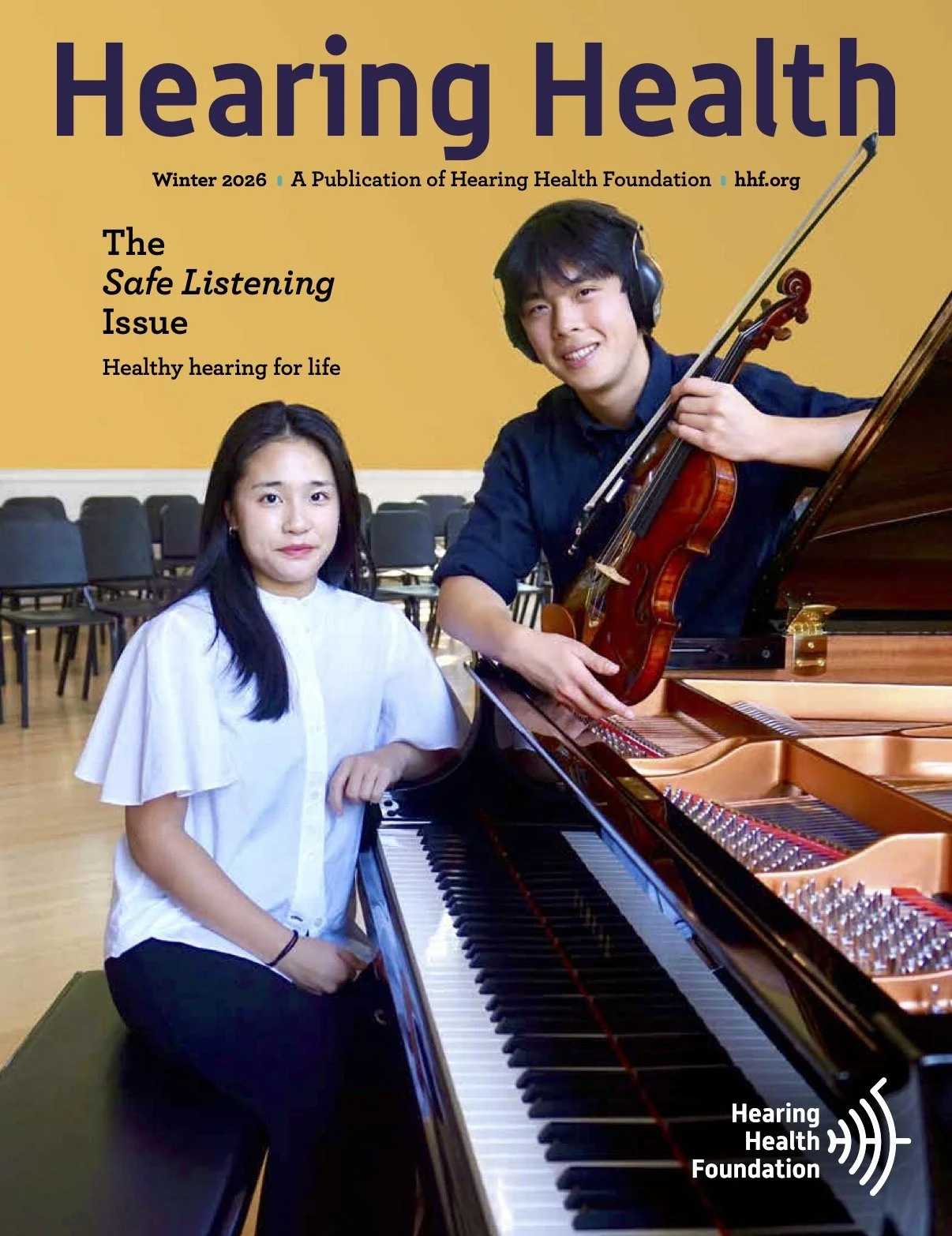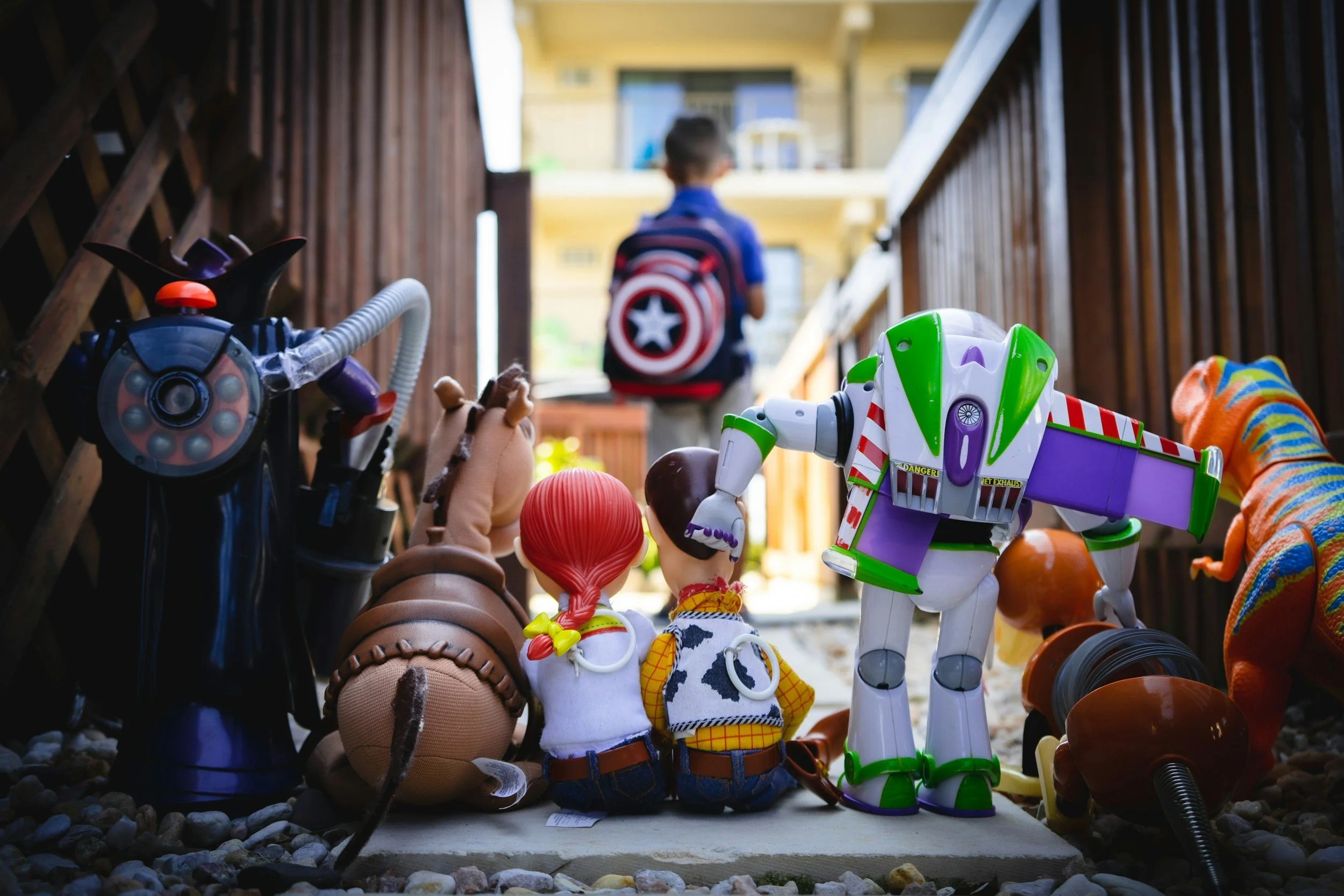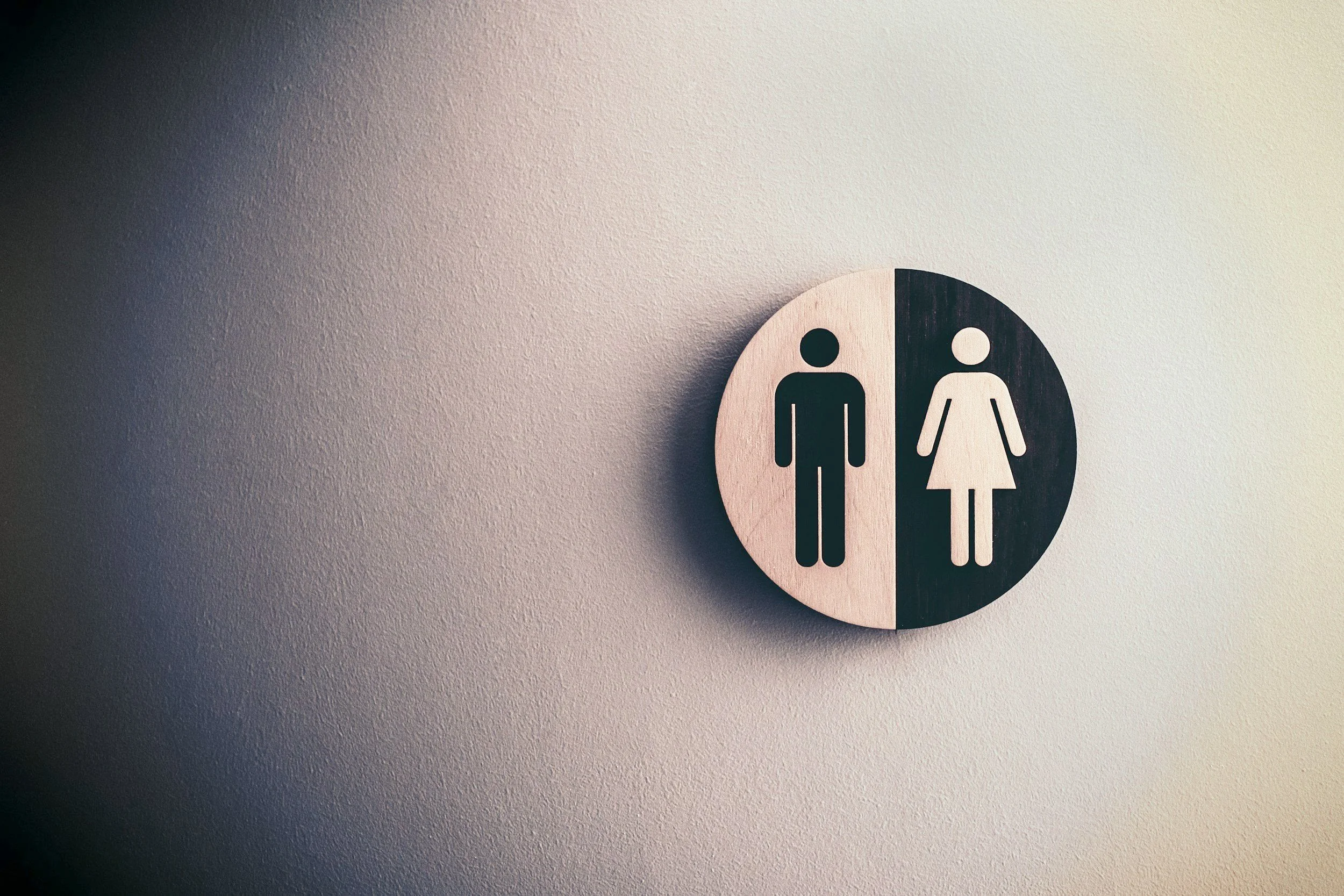Ver pagina en: English / Español
There are many causes of hearing loss, but the only fully preventable cause from excess noise, or from listening too loud for too long.
The Invisible But Growing Epidemic
Noise-induced hearing loss (NIHL) is the biggest public health emergency that most people don’t know about. The World Health Organization calls NIHL a global emergency that puts 1.1 billion young people under age 35 at risk.
According to BMJ Global Health, this is equal to half the population ages 12 to 34, and the danger comes in particular from using headphones and earbuds and attending loud music venues, all at unsafe volumes. The Centers for Disease Control and Prevention says 1 of every 5 U.S. teens (ages 12–19) already has a measurable hearing loss likely from loud noise and especially from using personal listening devices with headphones at maximum or close to maximum volumes.
NIHL leads to permanent damage to the tiny sensory hair cells in our ears. Vibrations caused by noise are so powerful they can damage hearing. Hair cells are not replaceable and do not regrow. The damaged hair cells cannot trigger electrical signals to be interpreted by the brain and so hearing is negatively affected. Tinnitus, the sensation of ringing in the ears when there is no external sound source, can also result from noise exposure, as can hyperacusis, or an oversensitivity to everyday noise levels, sometimes causing pain.
NIHL can result from a one-time exposure to loud sound—up close at a concert or by turning up earbuds to the max—or from constant loud noise, such as in bars and restaurants or at sports events or from loud machinery—or from excessive use of headphones or earbuds. Damage to your hearing is cumulative. The louder the noise and the longer the exposure, the greater the risk of permanent damage. Be aware of the noise level around you and protect yourself using earplugs or by moving away from the noise.
Hearing loss from noise can occur at any age, and people of all ages are at risk. Nearly one in four (24 percent) U.S. adults 20 to 69 years old has hearing loss in one or both ears likely related to noise. People who work in construction, emergency services, transportation, hospitality, and many other jobs are especially at risk. All of us are bombarded by ear-crushing sound in our noisy world: sirens, traffic, fitness studios, airports, and movie theaters are only some of the noisy places that can hurt our hearing.
Left untreated, hearing damage can have devastating health consequences overall. It can harm the heart and brain; lead to mental health problems like depression; and cause sleep problems. Untreated hearing loss is also linked to cognitive decline and dementia, although researchers are still trying to explain the relationship.
No one should risk any of this when prevention steps are not especially difficult. According to the World Health Organization, even a small reduction in volume levels has tremendous benefits.
What Is My Risk?
NIHL can come about from repeated exposure to music at high volumes on personal devices through headphones or earbuds. You may not be aware the following noisy settings may also cause NIHL suddenly or over time.
Concerts
Sporting events
Fitness studios and gyms
Nightclubs
Coffee shops
Video arcades
Shooting ranges
Weddings
Bars and restaurants
Movie theaters
Public transportation
City traffic
Birthday parties
Airports
Construction sites
According to the Cleveland Clinic, “A [2014] research study in Austria found that it’s possible to determine your susceptibility to NIHL by measuring temporary hearing loss—also known as temporary threshold shift (TTS). This test can tell you how quickly the cells in your inner ear recover after noise exposure, which can be beneficial for preventing NIHL.”
If you suspect a hearing loss because you are having difficulty hearing or are experiencing ringing in the ears as a result of exposure to noise, schedule a hearing test right away.
How Can I Reduce My Risk?
Everyone can make simple lifestyle changes to protect their hearing and their health overall. Through our Keep Listening prevention campaign, Hearing Health Foundation is working to create a culture shift in how people think about their hearing, healthy hearing, and hearing and overall health. Even if you already have hearing damage such as hearing loss or tinnitus, take precautions to prevent it from getting worse: be aware of your daily noise exposure, take listening breaks to rest your ears, and carry and use earplugs when needed. Once it’s gone, it’s gone, and you’re never too old or too young to take care of your hearing.














Because noise-canceling earbuds are so comfortable and block everything out, people wear them for three, four, five hours straight without realizing the cumulative effect on their ears.